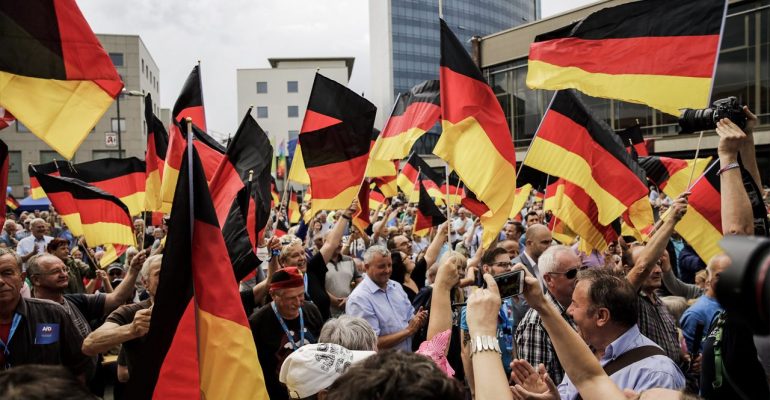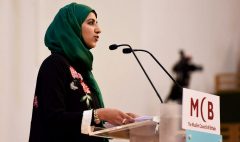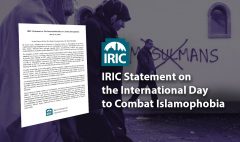The path less taken: Muslims within the extreme right groups in Europe
July 19, 2020 2024-03-18 14:58The path less taken: Muslims within the extreme right groups in Europe

The path less taken: Muslims within the extreme right groups in Europe
While much of the far-right targets Islam as a foreign and undesirable religion, Muslims and ex-Muslims are “increasingly prominent” in the West European far right groups, bringing a new spirituality to this often secular movement, writes Julian Gopffarth and Esra Ozyurek in the journal Ethnicities (online in June, 2020).
When most far right groups and leaders have referred to religion it has usually been about claiming a Christian heritage (or a Pagan identity in some cases), even though actual Christian belief and practice are weak within these groups. The article focus on the initiative of the German far right group AfD (Alternative for Germany), which has started to target Muslims to expand the demographics of their recruits. According to the survey referenced in the article, the number of members with a Muslim background has been growing, while books and other publications authored by them is gaining visibility in far-right networks. While ex-Muslims are valued in these groups for providing an insiders’ knowledge of Islam, practicing Muslims depict their involvement in the far right as showing the “potential of Islam for a revived German nationalism,” Gopffarth and Ozyurek write.
These Muslim intellectuals tend to be of Turkish, Kurdish as well as German by birth and are demographically diverse. In examining the publication of 14 of them, the authors find that these writers as Seyran Ates and sociologist Necla Kelek are strongly anti-Muslim, drawing a stark contrast between the liberal rationality of German society and the irrationality and barbarism of Muslim societies.
Others like Ahmad Mansour, still define themselves as Muslim but promote a radical reform of Islam, especially in the area of gender equality and the prevention of radicalization. These radical reformers believe that Muslims in Germany will have to undergo their own version of the sexual revolution to overcome repressive religious identities and “become mature citizens ready for democracy.”
Finally, there is a third component of these Muslims involved in far right groups who are more devoutly Muslims like for example Ai-Bakr and Eren Guverci and the Al Muribitun movement. For this third group, the spiritual potential of Islam could complement the essential spirituality of the German people, with the goal to revive the view (held by some Nazis) that Islam is a more vital and heroic religion than Christianity and rationalism.
Source: Euro-Islam.info








